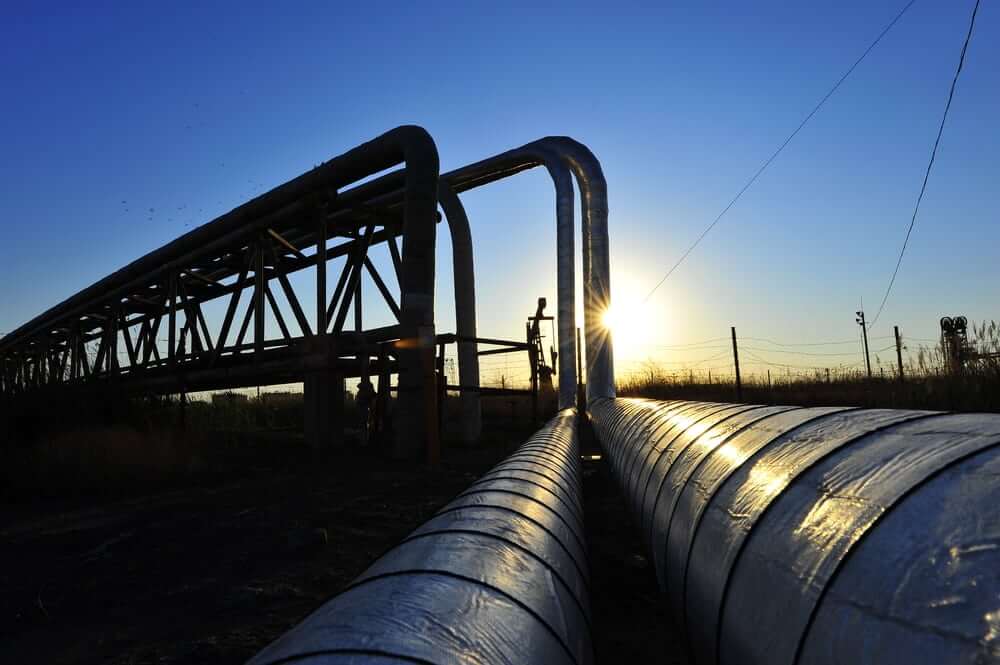
Oil Prices Edge up On Kazakhstan
Supply disruptions in Kazakhstan and Libya offset concerns about the rapid global rise in Omicron infections. Hence, oil prices rose slightly on Monday.
Brent crude was up 19 cents, or 0.2 percent, to $81.94 per barrel, while WTI crude in the United States was up 20 cents, or 0.3 percent, to $79.10 per barrel.
Protests in Kazakhstan disrupted train lines and impacted production at the country’s top oilfield Tengiz. At the same time, pipeline maintenance in Libya reduced output to 729,000 barrels per day from a high of 1.3 million BPD last year. Tengizchevroil (TCO) is Kazakhstan’s most significant oil venture. It is gradually increasing output to normal levels at the Tengiz field after protests limited work there in recent days, operator Chevron (NYSE: CVX) said on Sunday.
The tailwind lent to oil prices by supply concerns should thus diminish, implying that prices will fall this week. February exports were set at 14.72 million barrels, down from 17.27 million in January.
OPEC
Rising global demand and lower-than-expected supply additions from the Organization of the Petroleum Exporting Countries, Russia, and allies, or OPEC+, are also helping oil. OPEC output increased by 70,000 barrels per day (BPD) in December, compared to the 253,000 BPD increase allowed under the OPEC+ supply deal. It restored work slashed in 2020 when demand collapsed due to COVID-19 lockdowns.
However, an increase in COVID-19 infections put pressure on oil prices. Early studies showed that Omicron has a lower risk of severe disease or hospitalization than the previously dominant Delta variant. However, healthcare networks in Spain, the United Kingdom, Italy, and elsewhere have increasingly desperate situations.
Meanwhile, if Russia invades Ukraine, it could disrupt Russian crude exports to Europe. This would push up oil prices, according to RBC Capital analysts.
According to Washington and Kyiv, tens of thousands of Russian troops have gathered near the Ukrainian border in preparation for an invasion, eight years after Russia seized the Crimean peninsula from Ukraine. Russia denies any plans for an attack. It has stated that it is reacting to what it sees as aggressive and provocative behavior on NATO and Ukraine.


